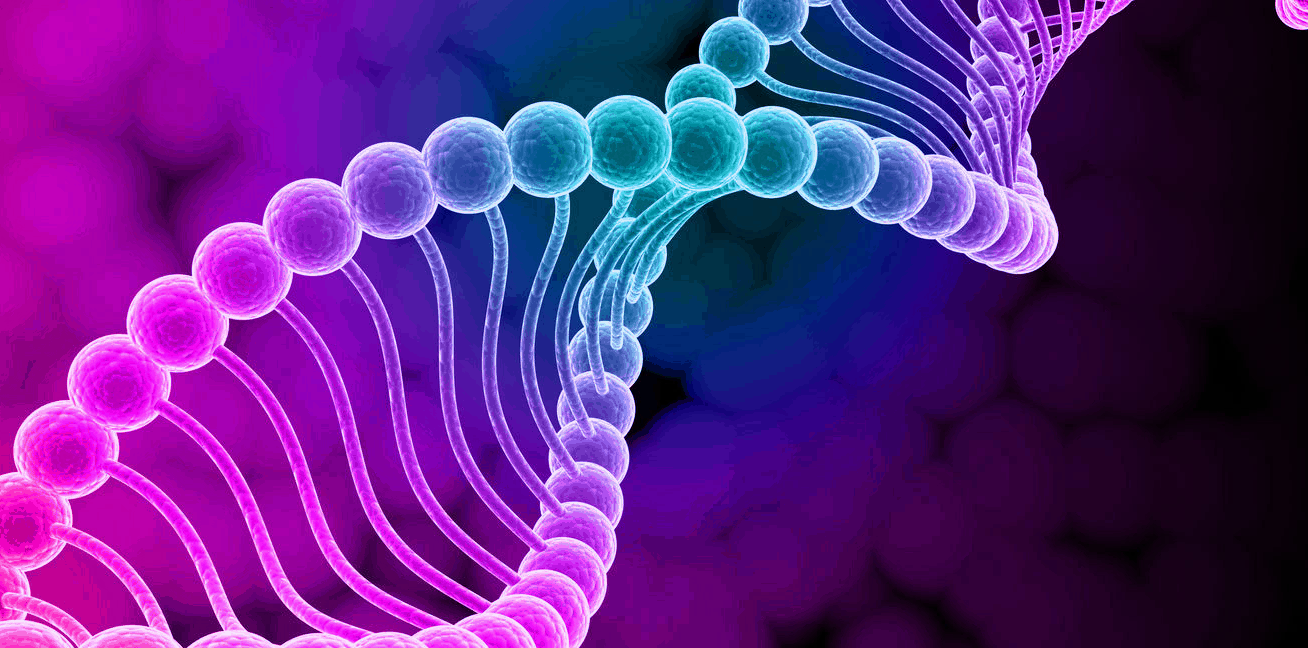Is prostate cancer genetic? While it is possible to inherit a higher chance of developing prostate cancer, your age, environment, and lifestyle are more likely to play a factor in acquiring prostate cancer than in inheriting it.
About 10 percent of prostate cancer cases are considered hereditary, so do pay attention to your family history. Besides noting a history of prostate cancer in your dad or brother, you may be surprised to know that you should consider the health history of the females in your family as well.
Prostate cancer genetic testing–Assessing your genetic family tree
You may have heard of the “breast cancer genes,” BRCA1/BRCA2 that affect women. The same BRCA2 gene mutation that causes hereditary breast cancer can cause genetic prostate cancer in men.
BRCA1 and BRCA2 are tumor-suppressing genes. Harmful mutations of these genes disable the tumor-suppressing proteins and put the carrier at risk for developing certain cancers. The BRCA1 and BRCA2 gene mutations can be carried by men or women and can be passed down to sons or daughters. A person who tests positive for BRCA2 has a 50 percent chance of passing this gene mutation on to his or her children.
The concern is that hereditary prostate cancer may appear at a younger age, develop higher-grade tumors, and advance more quickly than other types of prostate cancer. Because inherited prostate cancers are more aggressive, treatment should also be aggressive. The Journal of Clinical Oncology recommends immediate surgery of a genetic prostate cancer.
While the incidence of BRCA2 mutation is quite rare, if you have a family history of prostate cancer, breast cancer, or ovarian cancer you might look into genetic testing due to the aggressive nature of cancers from the BRCA2 gene mutation. The BRCA genetic test is a blood test ordered by your physician.
Who’s at risk for genetic prostate cancer caused by BRCA2?
- Men of Ashkenazi Jewish descent
- Men whose family members have tested positive for the gene mutation BRCA
- Men who have two first-degree family members (parents, sisters, brothers, or children) diagnosed with breast, ovarian, or prostate cancer
- Men who have three second-degree relatives (aunts, uncles, nieces, nephews, or grandparents) who have had breast, ovarian, or prostate cancer
- Men who have had a male relative diagnosed with breast cancer
The BRCA2 mutation is not the only cause of genetic prostate cancer. A large international effort that involved over one hundred scientific institutions just uncovered twenty-six new prostate cancer genetic markers. Read more about study here. The researchers said that using these markers could help identify men who are at higher risk of prostate cancer genetic in origin. That may lead to changes in screening over the next few years. The hereditary prostate cancer gene HPC-1 is another gene that can play a role in causing hereditary prostate cancer.
Prostate cancer genetic testing results
Testing positive for a gene mutation that may cause hereditary prostate cancer does not necessarily mean you will get cancer. It just means you are more likely to develop cancer and that the tumors would be more aggressive and advance more quickly.
If you do get a positive test for a prostate cancer gene mutation, start getting prostate screenings early and regularly. Be aware that BRCA2 puts you at 50 percent higher risk of other cancers such as colon cancer and pancreatic cancer. If you have hereditary prostate cancer, treat it quickly.
A negative genetic test means you did not inherit the tested form of genetic prostate cancer, but that does not promise you won’t develop prostate cancer. A man with an average risk for prostate cancer has about a 15 percent chance of developing prostate cancer by age 80. Most prostate cancers develop more slowly and have a higher survival rate than prostate cancers caused by gene mutations.
If you receive genetic testing for genetic prostate cancer, you should have genetic counseling before and after testing to learn how to assess risks and handle the psychological affects of having testing done. There could be both beneficial and detrimental psychological effects and responsibilities from learning you carry a gene mutation for hereditary prostate cancer.
Stay positive whether you get tested or not. Focus on your health and cancer prevention lifestyle rather than just your genetic heritage. While being aware of possible risk factors and family history are important tools in detecting a developing hereditary prostate cancer, putting your efforts into maintaining your overall health through exercise and a nutritious diet will be your best way to fight any cancer, genetic or not.
Read more in our Prostate Cancer Health Center.
Reference
Rettner R. 80 new genetic markers for cancer found. Live Science 2013 Mar 27







